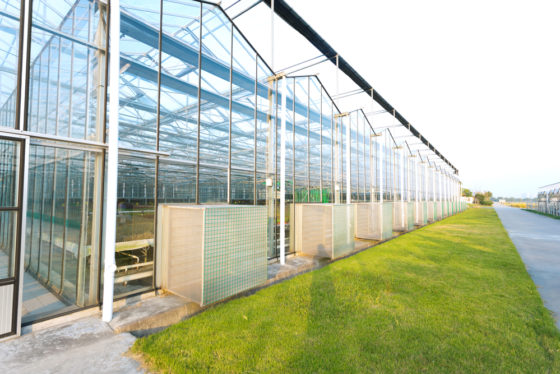One in seven staffing agencies is breaking the law: chief inspector


Around 15% of Dutch staffing agencies – or around 2,500 companies – are breaking the law and exploiting staff, the head of the social affairs ministry inspectorate has told the NRC in an interview.
Rits de Boer, who has earlier warned about the miserable conditions facing agency workers, told the paper that the bureaus are paying workers less than the minimum wage, breaking working hours regulations or fining staff if they turn up too late.
And at the same time, employers are able to increase their profits using cheap labour, but the social cost – the pressure on scarce space, housing and schools – is being picked up by society, De Boer said.
Without limits, or targets, for population growth, employers will continue to bring in workers to do certain jobs because successful economies like the Netherlands and Germany are ‘magnets for migrant labour’, he told the paper.
Distribution centres, slaughterhouses and greenhouses are all reliant on low paid personnel and staffing agencies are actively recruiting workers in central and eastern Europe, he said. ‘They come because the staffing agencies facilitate it,’ he said. The agencies, in turn, consider the workers to be ‘bulk goods.’
Freedom of movement
Action to limit the number of workers from the rest of Europe would not conflict with freedom of movement regulations because central and eastern Europeans ‘are coming here because of economic choices made in the Netherlands’, he said.
‘And we can influence that behaviour,’ he told the paper.
The huge growth in the number of staffing agencies – there are now some 17,000 – makes it impossible to keep a proper eye on them, he said. ‘We estimate that 15% are notorious law breakers who do it deliberately,’ De Boer said. ‘And this is usually down to corporate economics.’
Report
A major report commissioned by the government and published in 2020 made 50 recommendations for improving the situation of people coming to the Netherlands from abroad to work in greenhouses or in the meat industry.
The report, by former Socialist party leader Emile Roemer, called for the reintroduction of licences for agencies which bring in workers from abroad.
Roemer’s report also recommended stopping agencies providing housing as part of a job contract. Instead seasonal workers should be given individual rental contracts, their own rooms, and be allowed to stay on the premises for up to a month if they lose their jobs.
However, so far nothing has been done by the government to implement the measures although the social affairs ministry plans to introduce some form of certification scheme in 2025.
Some 500,000 people from other EU countries work in Netherlands, mainly in farming, distribution centres, factories and the meat industry.
The European Commission said in July it is currently ‘gathering evidence on the use of temporary agency work, in particular in the context of cross-border work.’ This research, the commission said, will provide the basis an assessment of the need for action at an EU level.
Thank you for donating to DutchNews.nl.
We could not provide the Dutch News service, and keep it free of charge, without the generous support of our readers. Your donations allow us to report on issues you tell us matter, and provide you with a summary of the most important Dutch news each day.
Make a donation